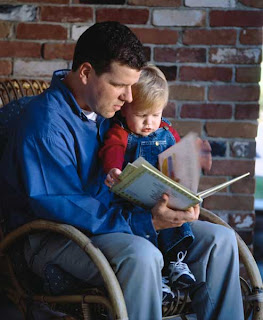 I am travelling to a seminar in Leeds tomorrow and will be very grateful for the use of my ‘TomTom’ to get me there. GPS technology is so powerful and in the latest volume of the BECTA series ‘Emerging Technologies for Learning’, I was interested in the chapter written by Alen Greenfield at NYU in which he suggests that ‘location-based’ ‘context-aware’ applications have enormous potential for education and concludes that:
I am travelling to a seminar in Leeds tomorrow and will be very grateful for the use of my ‘TomTom’ to get me there. GPS technology is so powerful and in the latest volume of the BECTA series ‘Emerging Technologies for Learning’, I was interested in the chapter written by Alen Greenfield at NYU in which he suggests that ‘location-based’ ‘context-aware’ applications have enormous potential for education and concludes that:
What is at stake is nothing less than a reappraisal of what we mean when we say ‘education’. Rather than something abstract and detached from the context which lends resonance and interest, certain kinds of knowledge can be re-imagined as a property of place itself, as something more akin to genius loci than to anything we’d recognise as a ‘lesson’. Certainly, the teaching of disciplines as diverse as economics, history, physics, and anatomy will be transformed by objects, transactions and places endowed with the ability to speak themselves – an ability inherent in almost all schemes for the deployment of ubiquitous informatics now being contemplated (pp56-7).
I love the idea of objects that are able to speak themselves and feel that this has enormous potential for all areas of education, but I can envisage the impact for early years education most of all – it would certainly enrich standard early years practices such as environmental print walks.







